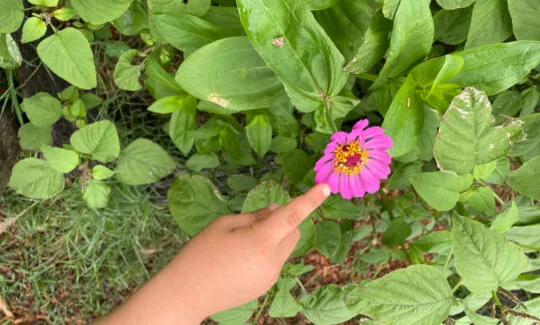Advice For Selecting The Best Primary School For Your Child
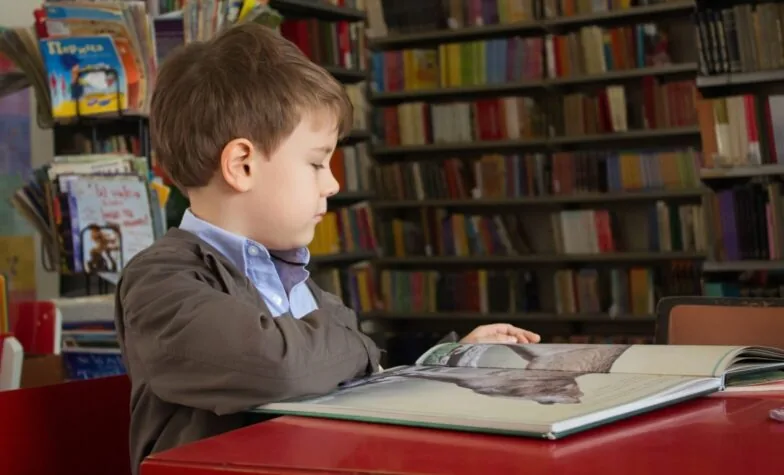

Written by Emily Channell, Assistant Principal – OLPS, West Pymble
1.Define what you are looking for in a school and research!
Sit down and discuss what are important factors for you in a school for your child. What values do you hope for a school to support in your child? Think about your child specifically. What are they interested in? What strengths or weaknesses do they have? Are you looking for a faith based education? Does your child have any additional needs that should be considered?
Once you have defined what you are looking for, research, research, research! Look into the schools in your local area and find out what they are about. The school websites and social media pages are a great place to start. This will tell you what they value and are proud of.
2.Go and visit the school
There is only so much that you can learn about a school online. If you are able, go and visit some school sand get a “gut feel”. Meet the principal, have a tour of the school. Consider the factors that you identified as important and where they are evident in the school.
3.Ask questions
Each and every school operates slightly differently. Write yourself a list of questions and ask them of the schools when you go and visit. Some important questions to consider are:
- What values does the school espouse?
- Is there a behaviour management framework?
- How do you cater for diverse learners?
- What is the average class/cohort size?
- What extra curricular opportunities are available for students?
- Is there a Kindergarten transition program and if so, what does it look like?
- Does the school have specialist subject teachers (e.g., sport teacher, music teacher) throughout the day?
- What is your approach to teaching reading?
4.Talk with the community members
Speak with parents, teachers, students from the school if you have an opportunity. People within the community will know the school well and hearing experiences from multiple perspectives can be a helpful addition in your decision making process.
Read more from Assistant Principal, Emily Channell –
Only About Children can help your child to grow, make friends and explore the world.
Only About Children can help your child to grow, make friends and explore the world.
Related Reads
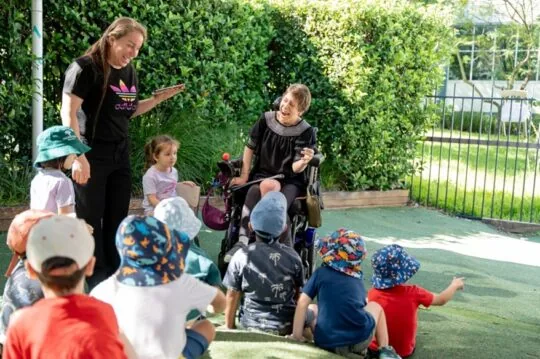
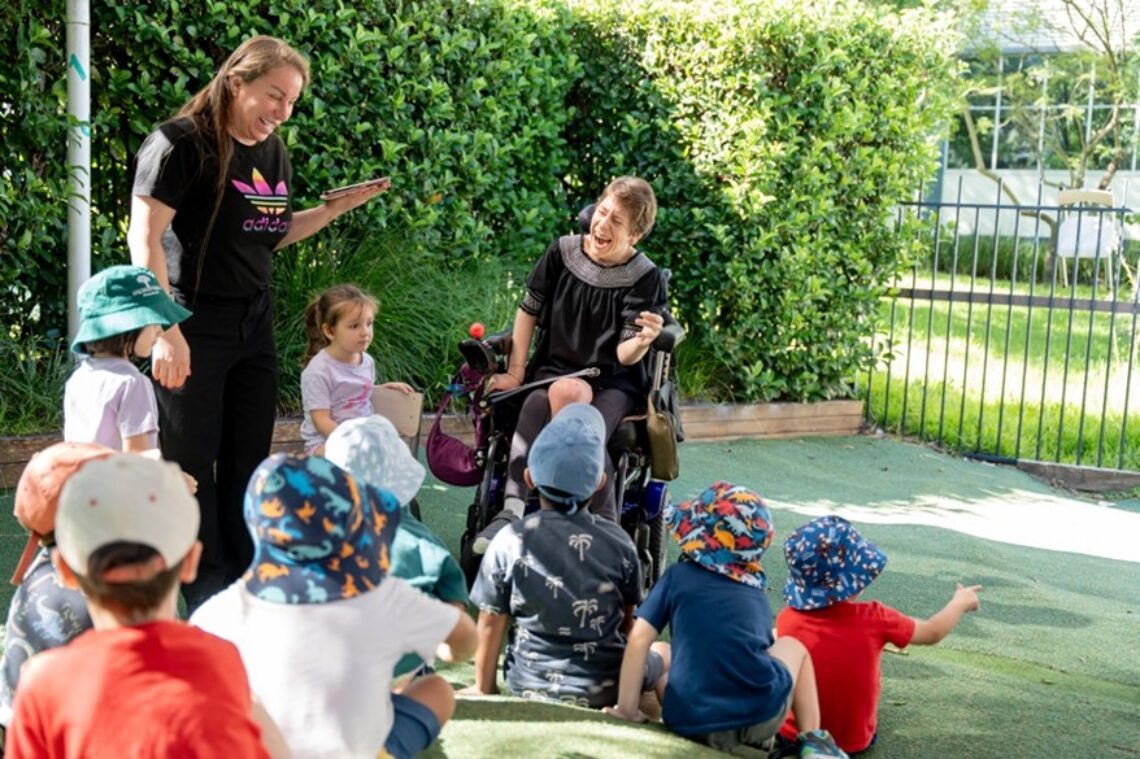
Bec Celebrates 10 Years Working In Her Dream Job At OAC Concord
Rebecca Donatiello (Bec) celebrates 10 years working and learning at Only About Children Concord.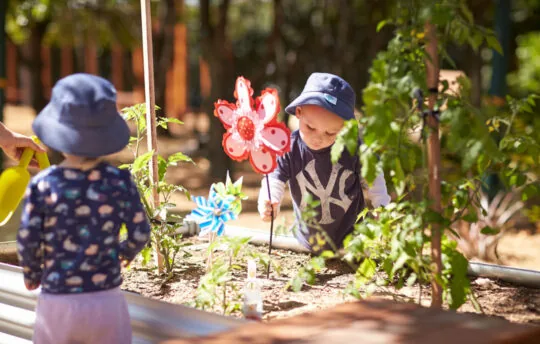

Choosing The Right Preschool/Kindergarten For Your Child
Choosing the right Preschool/Kindergarten for you child can be a daunting task. When exploring the ideal preschool choices for your child, there is no need to navigate blindly. Simply by asking the right questions, you can find the perfect match.